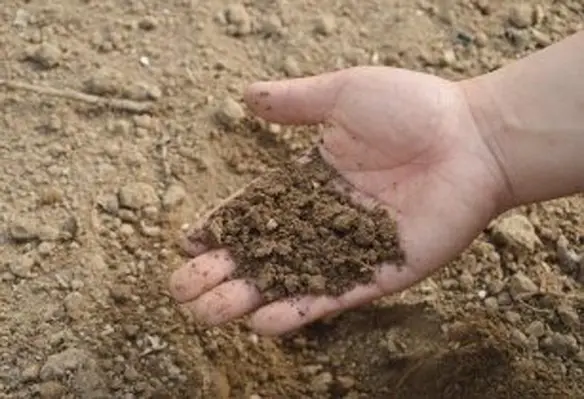PhosAgro, Russia-based global vertically-integrated phosphate-based fertiliser producer, welcomes the European Commission’s Farm to Fork strategy in relation to sustainable fertiliser use as part of the Green Deal, which should address growing concerns in society about agricultures impact on the environment
The European Commission’s strategy aims to support sustainable food systems and address the links between sustainable food production, human health and environmental protection.
As part of the Farm to Fork strategy, the European Commission aims to reduce nutrient losses by at least 50 per cent, while at the same time ensuring that there is no deterioration in soil fertility as a result of a reduction in fertiliser use by at least 20 per cent by 2030.
Commenting on the Farm to Fork strategy, PhosAgro CEO Andrey Guryev said, “Protecting the environment by encouraging more sustainable fertilizer use should be mandatory in every country.”
“Based on current UN population growth forecasts, we must continue to ensure high-quality and abundant crop yields to address growing demand for food. Two of the key elements to doing this are maintaining soil fertility and preventing soil degradation. Complex fertilizers that do not contain harmful concentrations of cadmium and other heavy metals or impurities can contribute to achieving this. There are several global producers, including PhosAgro, whose fertilizers are distinguished by their environmental friendliness. Moreover, pollutants can be removed from other fertilizers using available technologies and investments in research and development,” Guryev commented.
PhosAgro has proposed that the European Commission rely on science-based criteria to clearly define which measures will be used to limit the usage of fertilizers in order to minimise potential damage to the environment. In particular, measures should be taken to reduce usage of fertilizers with high concentrations of toxic impurities while still enabling farmers to maintain soil fertility and crop yields by using fertilisers that contain practically no cadmium or other toxic impurities.
“There is a risk that farmers will suffer the most as they will lose easy access to fertilisers as a tool for increasing crop yields. The burden should never fall on farmers. On the contrary, this is a task for the mineral fertilisers industry, which is more than capable of reducing the negative impact on the environment by eliminating the production of products that do not meet stringent environmental standards,” stressed Mr Guryev.




